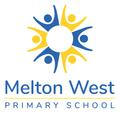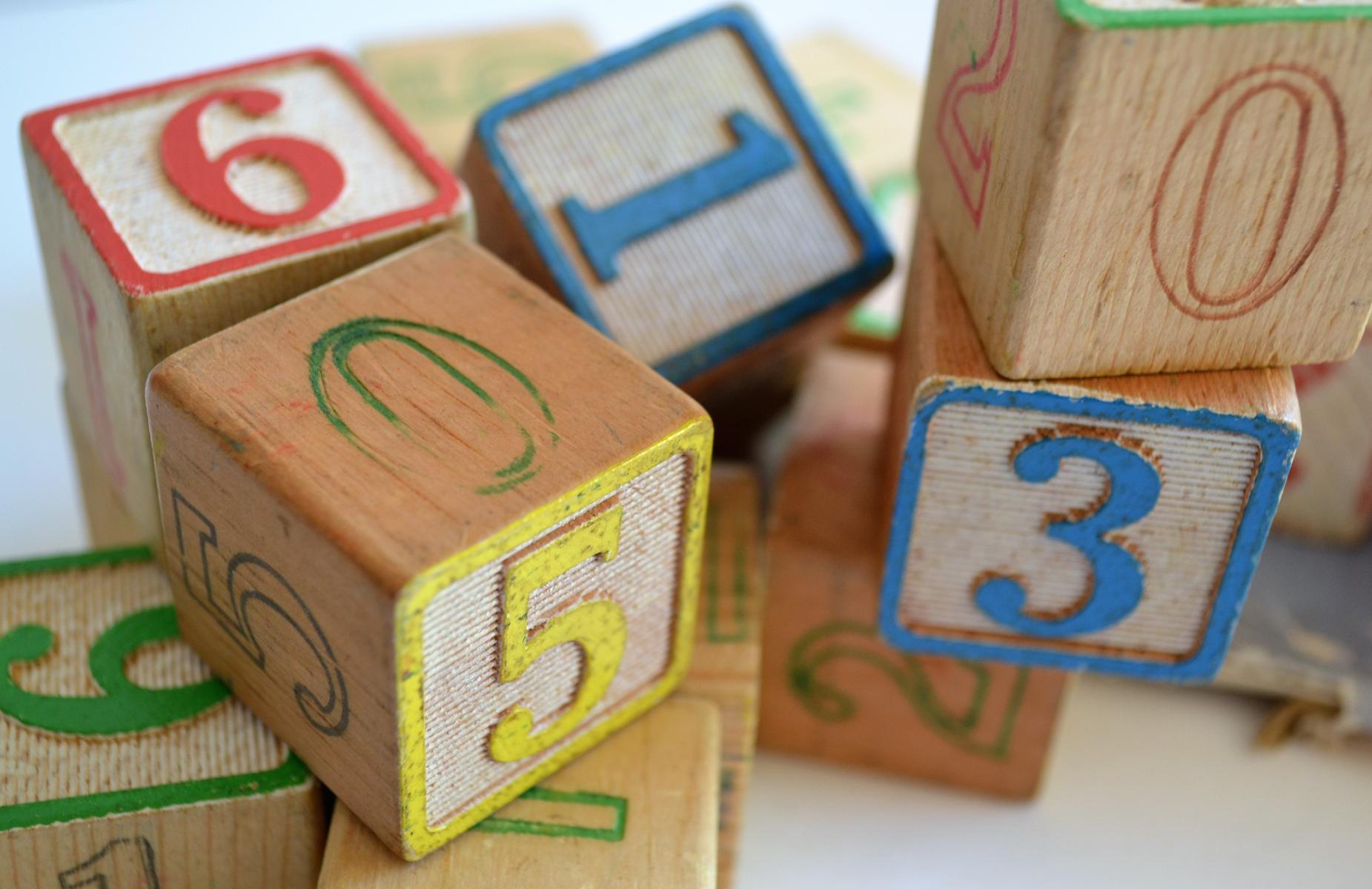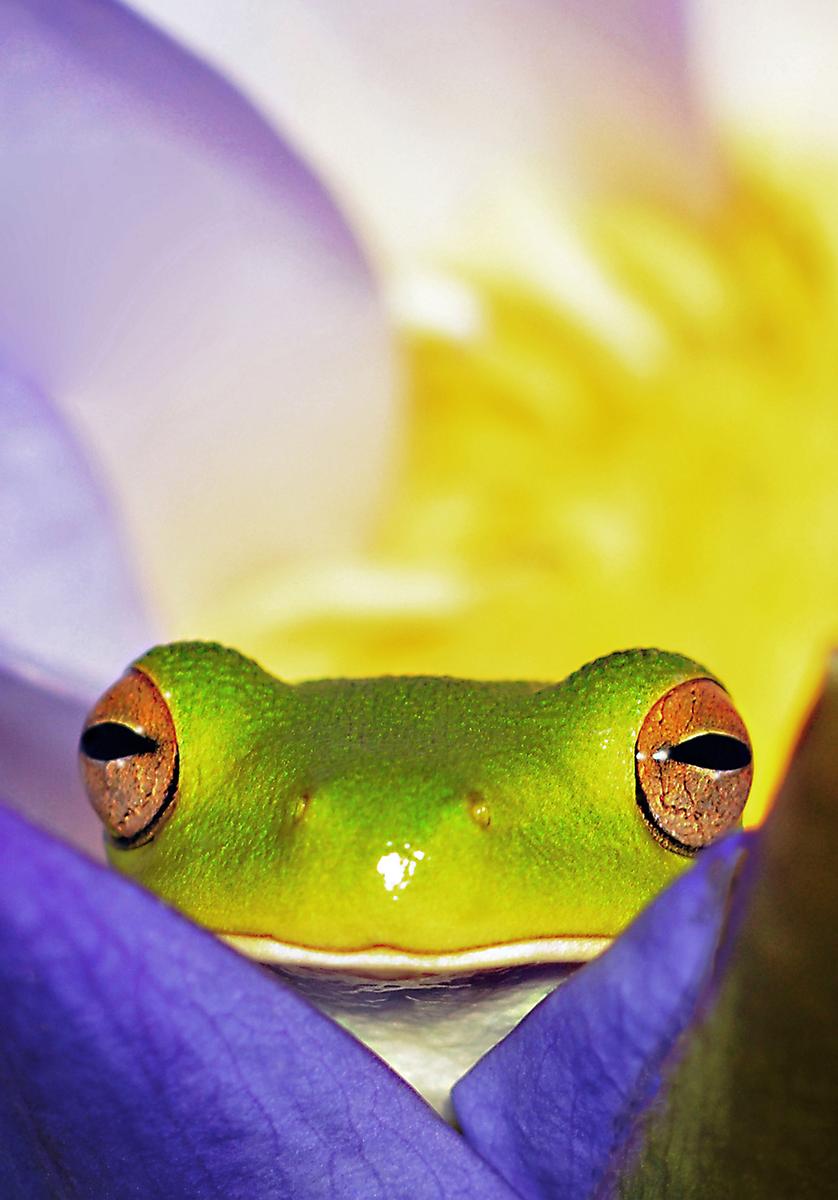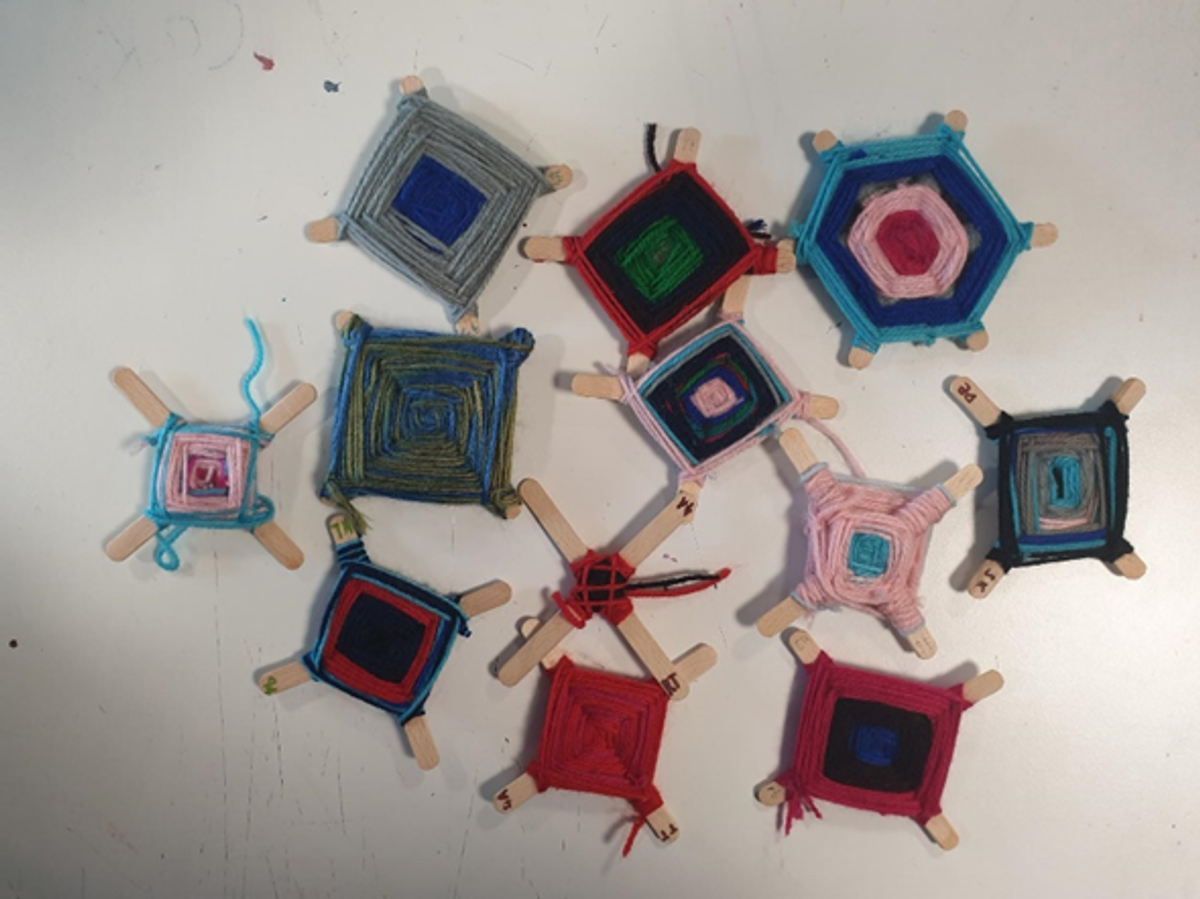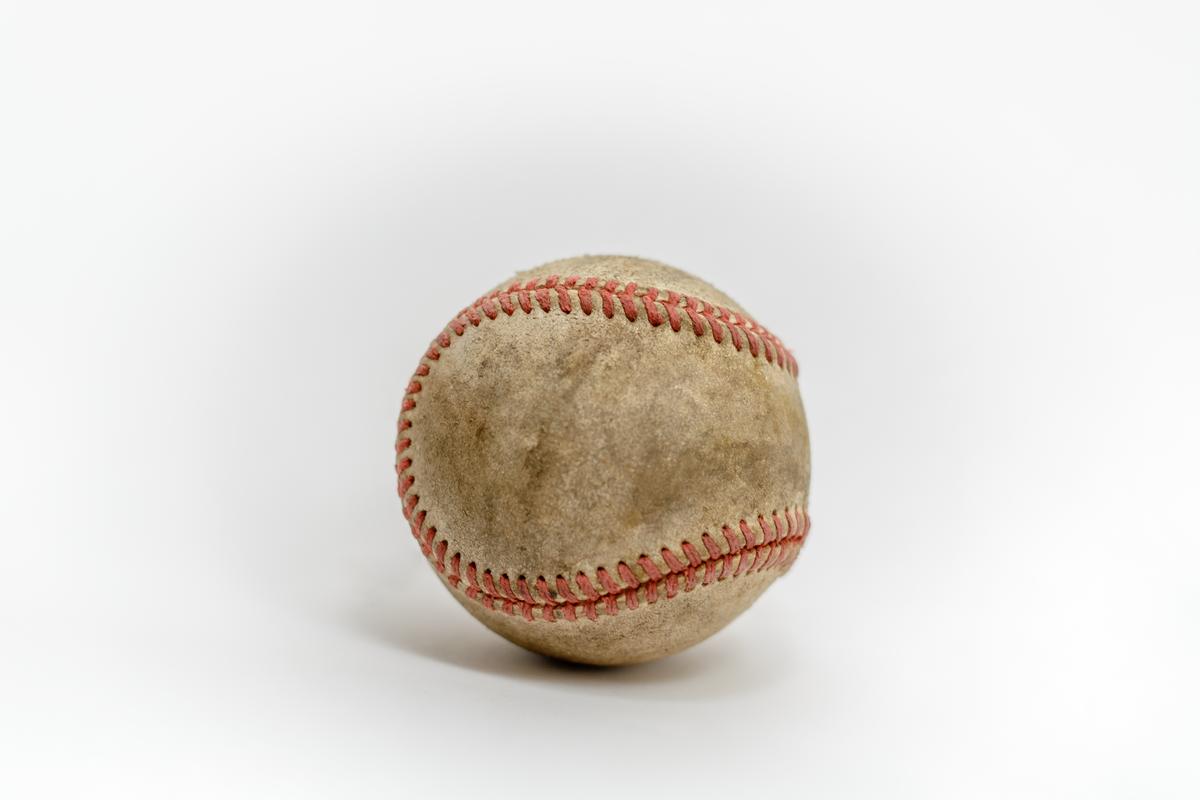Year 4 News
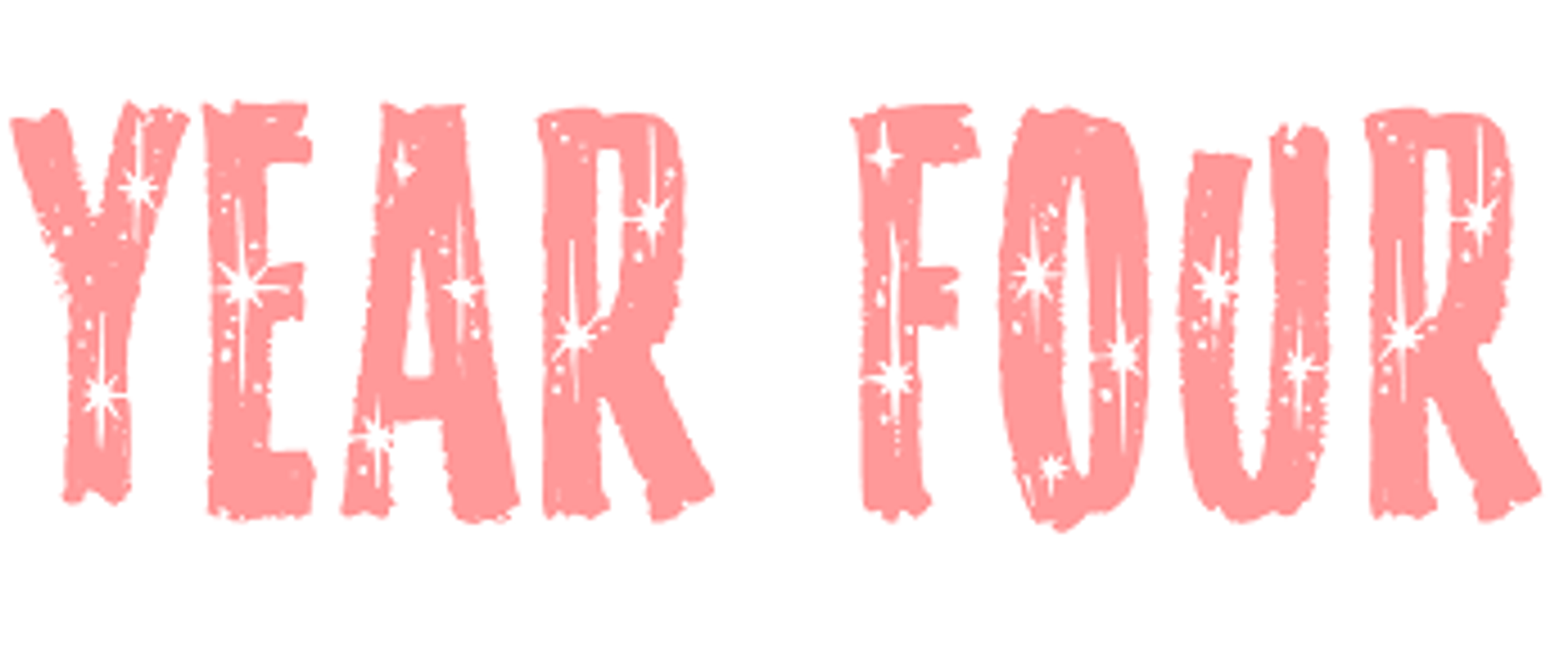
English
Reading
In term 3 students are focusing on questioning to help us understand and engage in our text. Throughout the term students will ask thick questions to clarify, predict, infer, gain information or extend their thinking before, during and after reading. Once students have asked their questions they will be able to determine and explain if and how they were able to answer their questions. This may require the students to infer the answer, find the answer in the text, use prior knowledge, an outside source (other book, film etc.) or one of the Question Answer Relationship (QAR) strategies. After identifying a question that requires an outside source to answer or questions they were unable to answer students will begin to research using outside sources such as non-fiction texts to answer their questions.
Writing
In writing, the students will begin the term focusing on Poetry. We will start with free verse poems, that have no structure but include a range of poetic devices such as similies, onomatopoeia, personification and metaphors throughout. We will move onto Haiku poems and Limericks, analysing the structure and creating our own. Throughout the unit students will include spoonerisms (bunny rabbit becomes runny babbit), neologisms (I am going to Kleenex my nose) and puns (lets Taco about it). The remainder of the term we will be focusing on Biographies. During this we will focus on the purpose of a biography and it’s structure. The students will be able to demonstrate their learning and understanding by researching and creating a biography of an Indigenous Australian of their choice.
Mathematics
In term 3, we will begin the term by exploring mass. We will be focusing on comparing the mass of objects using the vocabulary of kilograms, grams, greater than and less than.
We will then move onto location. Students will use scales and legends on maps to find locations, use directions to find features on a map
After location we will start a multiplication and division unit. In this unit students will use their knowledge of place value to help solve problems. We will have a strong focus on multiplication facts and continue to develop this skill throughout the unit. Students will solve multiplication problems using arrays and the AREA model of multiplication.
Throughout the term and alongside other topics, students will focus on capacity and area. Students will measure, order and compare objects using familiar metric units of capacity and area including litre, milliliters, square centimetres and square metres.
Inquiry
In term 3, our Grade 4 learners will be exploring a topic called, ‘Roam If You Want To’. The key understanding for this unit is: ‘European settlement had a major and lasting impact on the lives of the Indigenous people of Australia.’
Students will work on their research skills as they inquire into why the great explorations occurred and why Europeans settled in Australia. They will have access to a selection of experiences, websites and videos from which they can find the answers to their questions and take notes. Students will also build and deepen their understanding of the nature and consequence of contact between Aboriginal and Torres Strait Islander peoples and early traders, explorers and settlers. Our Grade 4 students will explore how life was for the Indigenous Australians before European settlement and compare this to how life changed when the Europeans established a penal colony in Botany Bay. Students will then synthesise their notes and findings to create a final assessment piece that shows the causes and effects of European settlement on an Australian area.
Science
This term in Science, Grade 3/4 students will be focusing on the Physical Science strand. Students in Grade 3/4 will be observing how speed is affected by the size of a force. They will be exploring how non-contact forces are similar to contact forces in terms of objects pushing and pulling another object. Students will compare and contrast the effects of friction on different surfaces, such as tyres and shoes on a range of surfaces. Grade 3/4’s will also investigate the effect of forces on the behaviour of an object through actions such as throwing, dropping, bouncing and rolling. Students will also be exploring the forces of attraction and repulsion between magnets.
During these investigations students will be continuing to develop the following science inquiry skills – questioning and predicting, planning and conducting, processing and analysing data and information, evaluating and communicating.
LOTE - Chinese
Welcome to Term 3! This term in Chinese we will begin with countries’ unit. In Chinese students will be learning 6 countries both in speaking and writing forms. Firstly they will trace the Chinese names of Australia and China, colour in the Maps for Australia and China. And then they will learn English, Japan, Germen and America. At the same time they will do some revision on numbers, festivals and colours from the previous semester.
Art
Welcome to Term 3 Art! We hope you had a fantastic break and are ready to dive into a term filled with imagination, colour and artistic exploration. Term 3 promises to be an exciting time for all students from Foundation to Grade 6, as we embark on a journey of creativity in the art room.
Students will unleash their inner artist, as they have a plethora of captivating activities planned for them this term. A range of engaging projects that will allow students to express themselves through various mediums, from weaving wool to foil sculptures, clay sculptures, painting, drawing and lots more. The Art room will be buzzing with inspiration and artistic expression. We started the term off with making Gods eyes. The students had lots of fun making these and learning all about the weaving technique along the way. I can’t wait to see the masterpieces our students produce throughout the term. Wishing you all an inspiring and artistic Term 3!
P.E.
For term 3 the grade 4 students will work on the sports of football and soccer. For each of these sports students will learn the relevant skills needed to play and participate in games. Once the students have learnt the relevant skills, they will be given the opportunity to participate in a games-based approach to Physical Education. This means they can apply these learnt skills to games-based activities and are given the chance to learn through play. Students will be engaged in small-sided games of football and soccer and will be given the opportunity to show and apply their skill development. Students will have ample opportunity to play games and learn as they play. By the end of the term, students will have had the opportunity to show their ability to play football and soccer. They will also be given every chance to show their problem-solving ability, teamwork capabilities and rule knowledge. This will be evident during the two-week soccer round robin competition that each grade 4 class will partake in. This term should be a great one with heaps of learning taking place. I can’t wait to work with the grade 4 students! We have plenty of exciting learning ahead and I am looking forward to all of it.
